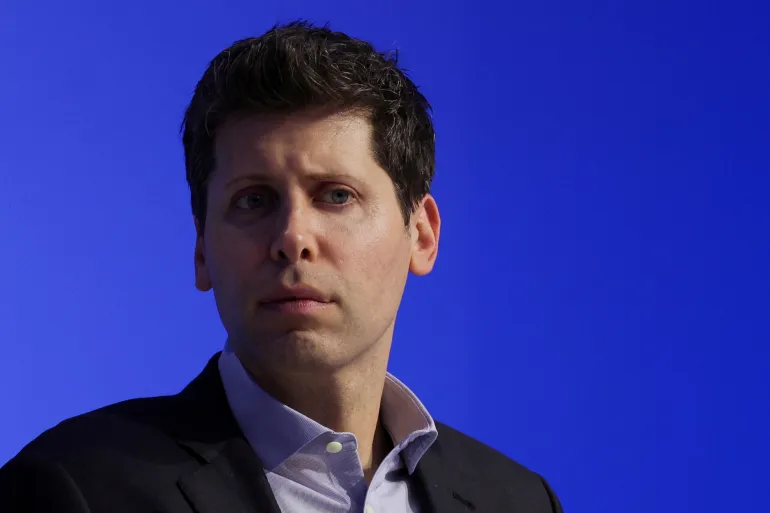Sam Altman, the CEO of OpenAI, responded to the Chinese startup DeepSeek’s increasing global prominence in the artificial intelligence (AI) market by saying the ChatGPT manufacturer welcomed a new rival.
In a post on his X handle on Tuesday, Altman expressed his admiration for DeepSeek’s ability to provide its service at a lower cost.
The rapid ascent of Chinese AI has threatened the development of ChatGPT and other American AGIs, but Altman stated that OpenAI has been pushed to perform better and will release new versions in the days or months ahead.
Altman’s Statements
Altman made what seems to be his first public statement following DeepSeek’s uproar in the worldwide IT community:
“Deepseek’s R1 is an impressive model, particularly around what they’re able to deliver for the price. We will obviously deliver much better models and also it’s legit invigorating to have a new competitor! We’ll bring up a few releases.”
“But mostly we are excited to continue to execute our research roadmap and believe more computing is more important now than ever before to succeed at our mission The world is going to want to use a LOT of AI, and really be quite amazed by the next gen models coming.”
DeepSeek’s Effect
Global IT markets were rocked by DeepSeek on Monday, prompting a selloff in shares of big companies like Microsoft, Nvidia, and Meta.
- Confidence in American leadership in AI innovation was shaken when the app recently overtook competitors like ChatGPT to become the highest-rated free app on Apple’s App Store.
- According to analysts, the app’s low-cost development strategy has called into question long-held beliefs about the expense of developing state-of-the-art AI systems.
- The disruptive potential of DeepSeek has also sparked questions about the long-term financial viability of American tech companies that have invested billions on AI infrastructure.
- According to its researchers, the open-source DeepSeek-V3 model, which powers DeepSeek, was created for less than $6 million, which is a small portion of what its rivals have spent.
- In activities like algebra, coding, and natural language processing, the company’s newly released R1 software version has been hailed as performing on par with OpenAI’s sophisticated models.
What To Note
Microsoft is promoting the American AI leadership goal to lessen China’s hegemony in the global AI market simultaneously with DeepSeek’s rise.
Brad Smith, the Vice Chairman and President of Microsoft, emphasized the growing competition between Chinese and American AI technology, especially in developing countries, in a blog post on January 3rd, he announced Microsoft’s plans to invest $80 billion in AI-enabled data centers this year.
- He claims that the emergence of generative AI has increased competitiveness, especially given China’s quickly developing AI industry.
- He likened this competition to how the telecom sector has changed over the past 20 years.
- Smith pointed out that Chinese firms surpassed their Western counterparts in the telecommunications industry thanks to significant government subsidies, establishing dependencies that threatened American national security.
- He claimed that by providing subsidies for access to vital technologies like processors and pledging to establish local AI data centres in developing countries, China is currently imitating this approach in the field of artificial intelligence. The strategy’s goal is to achieve the long-term integration of these countries into China’s AI ecosystem.



